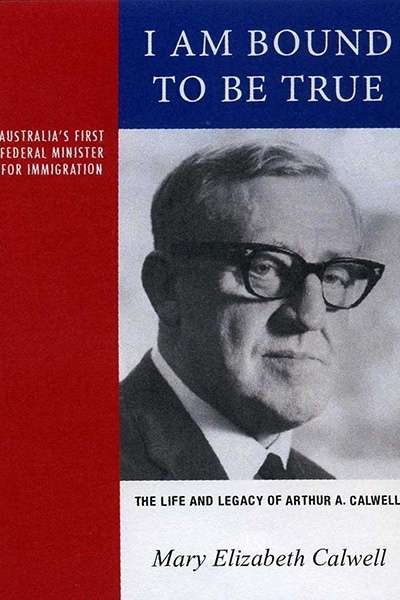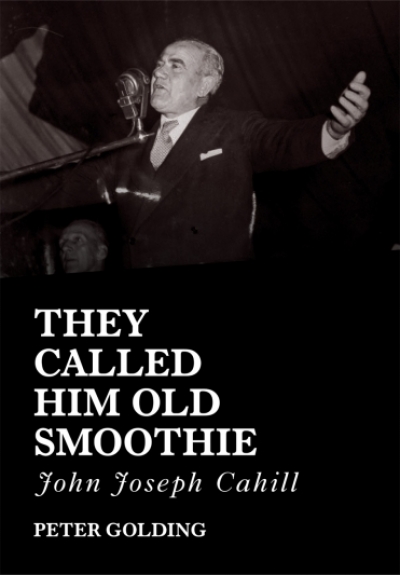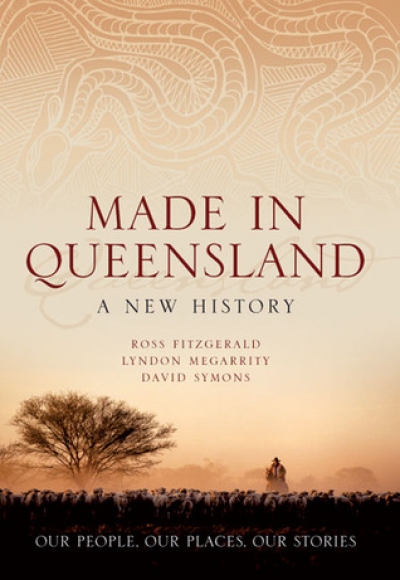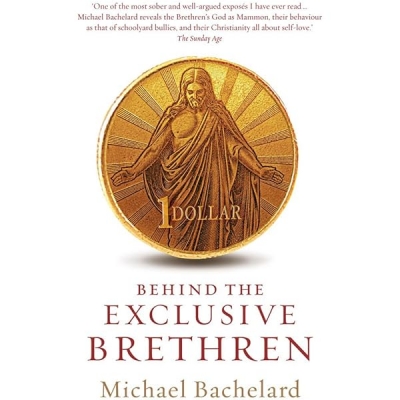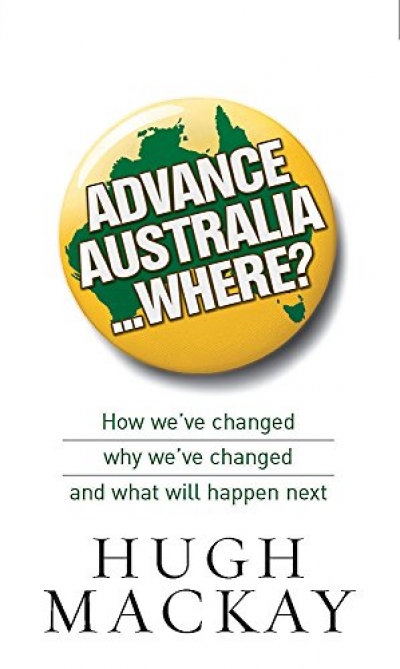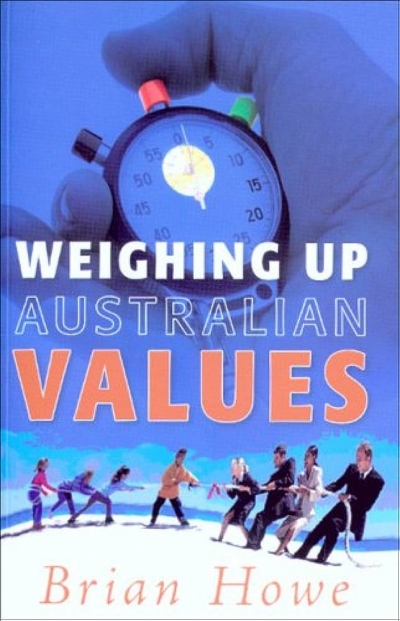Lyndon Megarrity
Air Disaster Canberra: The plane crash that destroyed a government by Andrew Tink
by Lyndon Megarrity •
I Am Bound to be True: The Life and Legacy of Arthur A. Calwell, 1896–1973 by Mary Elizabeth Calwell
by Lyndon Megarrity •
They Called Him Old Smoothie: John Joseph Cahill by Peter Golding
by Lyndon Megarrity •
Made in Queensland: A new history by Ross Fitzgerald, Lyndon Megarrity and David Symons
by Bill Metcalf •
Advance Australia … Where?: How we’ve changed, why we’ve changed, and what will happen next by Hugh Mackay
by Lyndon Megarrity •
Weighing up Australian Values: Balancing Transitions and Risks to Work and Family In Modern Australia by Brian Howe
by Lyndon Megarrity •
Australian Historical Studies edited by Joy Damousi & Australian Historical Studies edited by Shurlee Swain and Stuart Macintyre
by Lyndon Megarrity •


